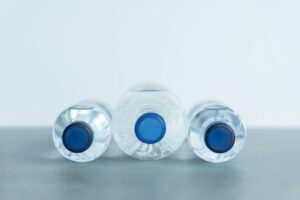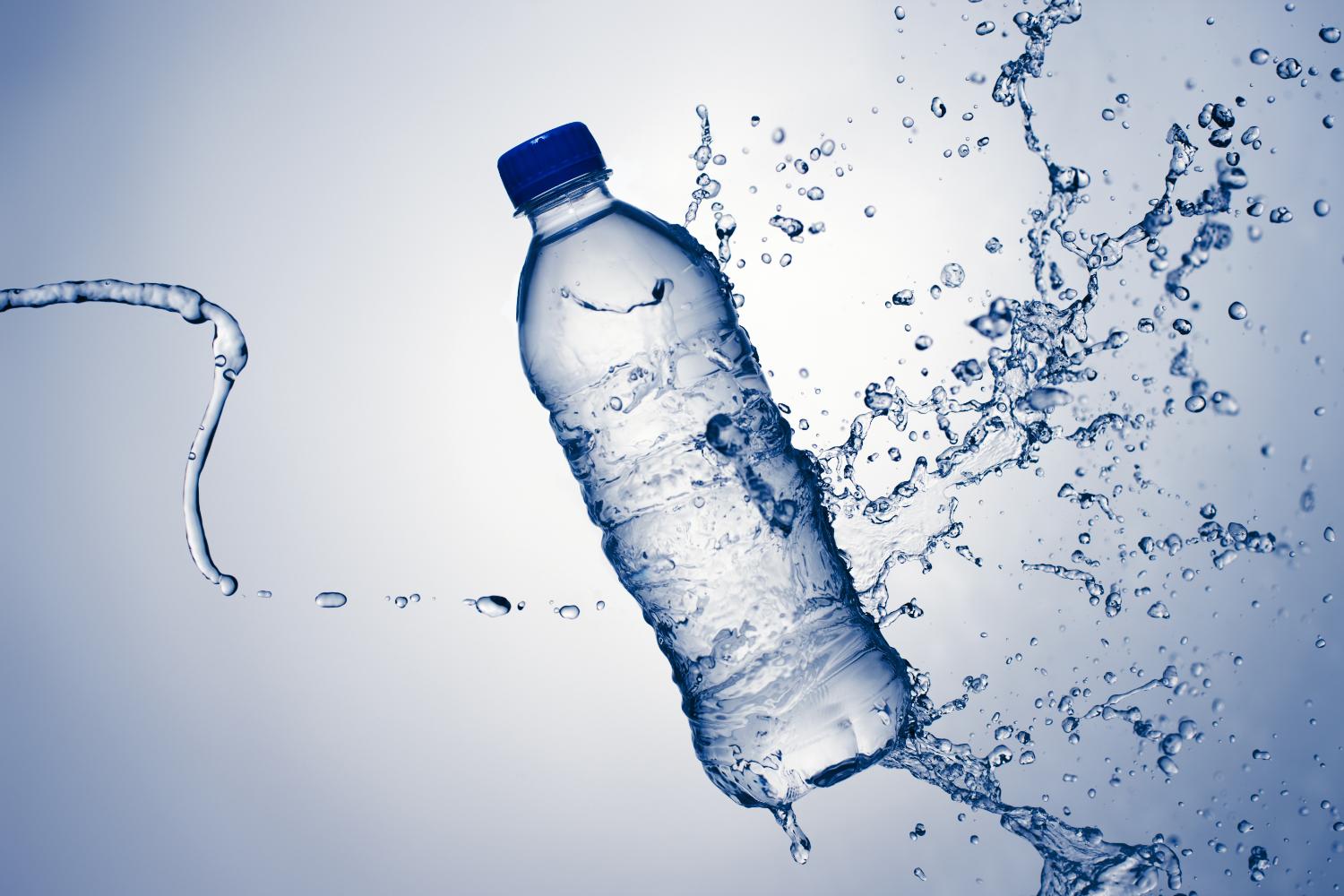What Is Commercially Bottled Water?
Commercially bottled water is drinking water that is packaged in bottles and sold to the public for use as beverages. Bottled water can be carbonated or non-carbonated, and comes in a wide range of sizes from small single-serving bottles to large carboys for water coolers.
(Looking for a “home water filtration and softener system“? Contact us Today!)

Bottled water is considered safe for human consumption because it has been properly tested and regulated by the FDA and EPA. However, some sources of bottled water are not subject to these testing and regulations, which means they may contain contaminants that could pose health risks.
The most common contaminant in bottled water is lead, and it is usually present at levels higher than those found in tap water. This is due to the fact that lead is a metal used in water pipes. When a water bottle is stored in a hot place, such as in the sun, it can leach this metal into the water.
If you want to be sure that the bottled water you buy is contaminant-free, it’s best to choose brands that are NSF-certified, which means they have been tested for lead and other contaminants. The NSF certification process is a voluntary one and includes tests for water source and plant inspections as well as container-sealing processes.
Some bottled water is purified, which means that the water has been treated to remove a variety of contaminants. These include bacteria, viruses, and other microorganisms.
Other bottled waters are distilled, which means that the water has been heated to eliminate all contaminants, and then filtered. These water bottles must be labeled accordingly.
Another type of bottled water is mineral, which means that the water has been exposed to a variety of minerals. These mineral waters are also subject to treatments that modify their original composition, such as distillation or ozone disinfection.
Many bottled water companies also offer fluoride-free options, which means that the water is free of fluoride. This is important because fluoride is an essential mineral for teeth development and overall health.
Some types of bottled water can be harmful for health, however, including those that are contaminated by plasticizers and endocrine disruptors (EDs). These compounds can seep into the water and affect human health when consumed.
Despite this, some people still prefer to drink bottled water. It can be a healthy alternative to soda or other sugary beverages, and it can help reduce the amount of plastic waste going into landfills.
In addition, bottled water can be much more affordable than tap water. It can be less than 50 cents a bottle, which makes it an inexpensive option for those who are on a budget.
It’s also a convenient option for families with young children or those who have special medical conditions that prevent them from drinking tap water. Unlike soda, bottled water is available year-round, so you can always have fresh, clean, contaminant-free water to take to the beach, for a picnic, or anywhere else that requires refreshing beverages.

